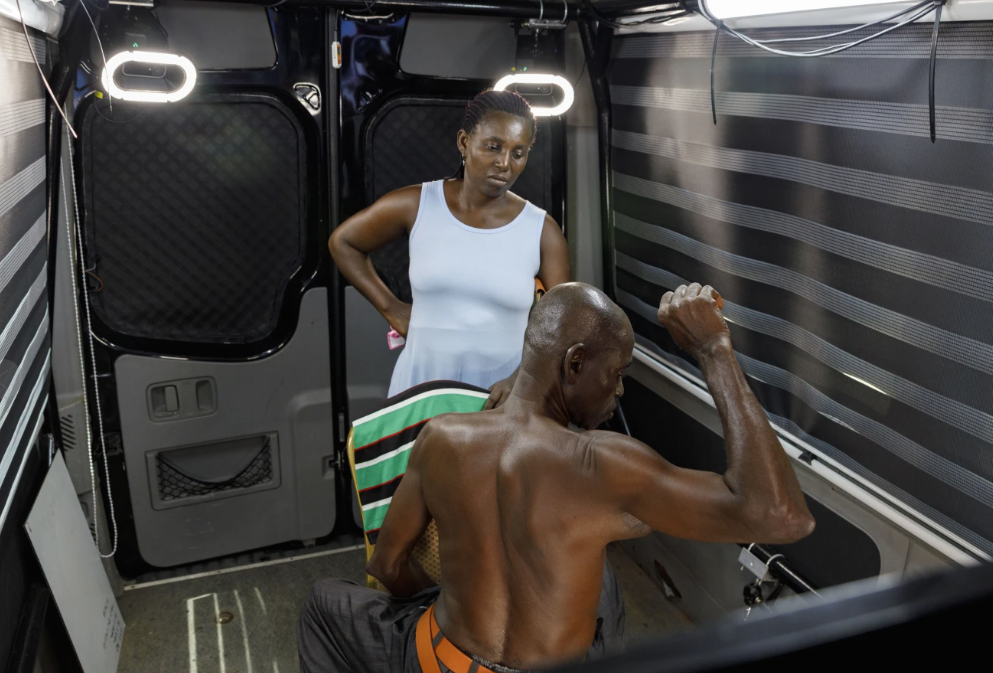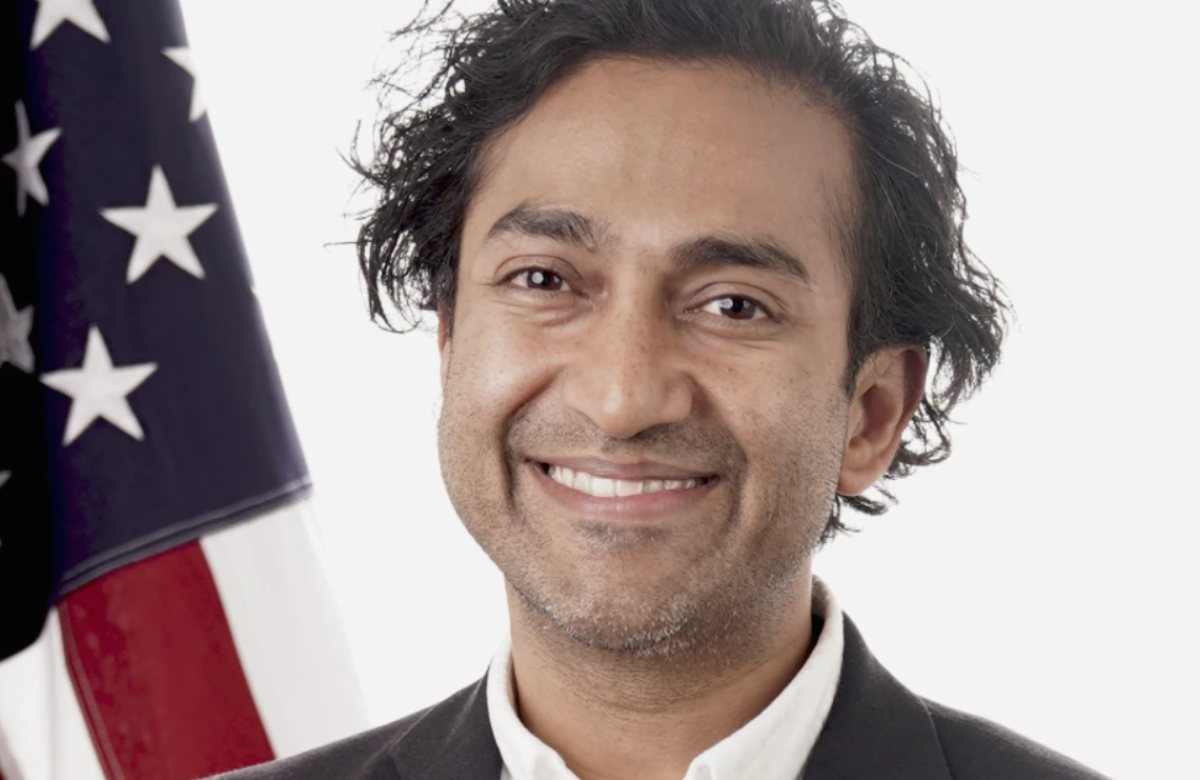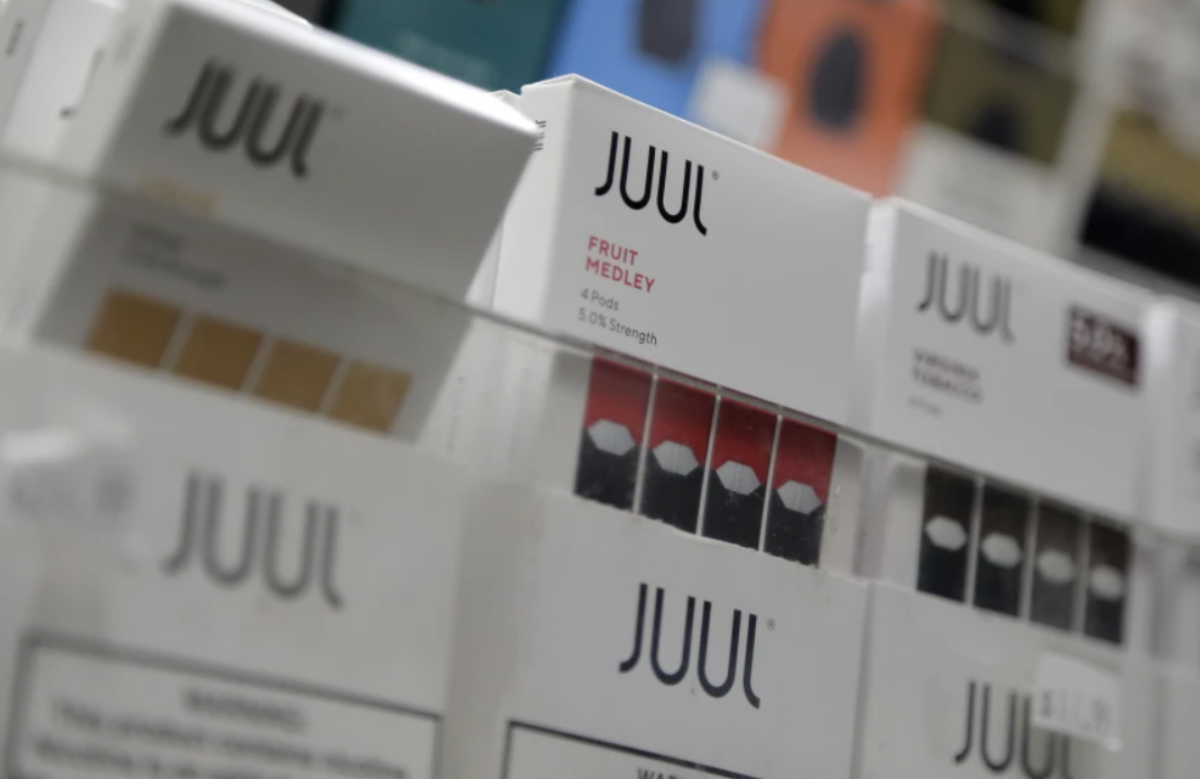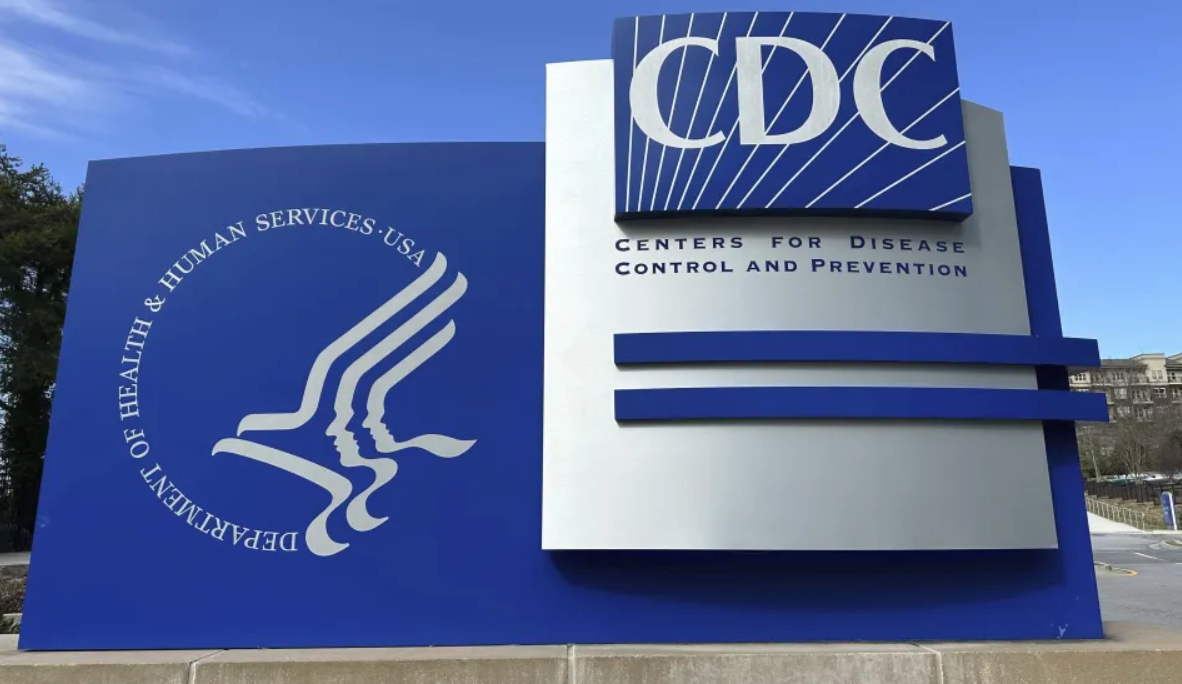Charles Owusu Aseku, 46, has been seeking medical treatment for a large keloid on his neck since 2002, traveling across Ghana and even to South Africa, where a consultation was the only outcome of his trip. Frustrated by two unsuccessful surgeries and limited options, Aseku was preparing for another medical journey when he encountered a new solution in late February.
He joined others in Ghana for the first trial of 3D telemedicine technology, conducted through computer screens set up in the back of a van. This initiative, developed by Microsoft’s research team in collaboration with local doctors and researchers, aims to provide remote medical consultations for patients awaiting surgery or post-operation care. This is especially crucial in a region with one of the lowest doctor-to-patient ratios globally.
The project builds on previous trials in Scotland and now functions as a portable system with improved lighting and upgraded cameras, enhancing the quality of remote medical assessments.
Inside the van, cameras create a 3D model of each patient, which is then displayed on a large computer screen. Multiple doctors can participate in the consultation remotely, interacting with the 3D model to examine and assess the patient’s condition.
“The goal of the van is to reach remote villages that lack specialized medical care, providing pre- or post-surgical consultations,” said Spencer Fowers, principal software developer and lead for the 3D telemedicine project at Microsoft Research.
This initiative also allows patients to receive multiple medical opinions. Aseku’s consultation involved doctors from Rwanda, Scotland, and Brazil, which gave him a sense of hope.
“I see many doctors, and I’m very happy because each of them brings their expertise, and maybe they’ll find a solution to my problem,” the 46-year-old shared.
Researchers are hopeful that the trial at Koforidua Regional Hospital in Ghana’s eastern region will pave the way for a broader project, expanding the service and exploring additional applications.
Telemedicine has become increasingly popular in recent years, especially following the COVID-19 pandemic. Experts believe these digital tools can be particularly beneficial in Africa, where specialist doctors are scarce for the continent’s 1.4 billion people.
George Opoku, 68, was referred to Korle-Bu Teaching Hospital in Accra, nearly 100 kilometers from Koforidua Regional Hospital, where he had initially sought care for sarcoma, a rare cancer affecting bones and soft tissues.
When his doctor learned about the 3D telemedicine trial, he enrolled Opoku, sparing him the costs and stress of long-distance travel.
“This time, I sat in a van to introduce myself and my condition to not just one doctor but several. I was able to answer all their questions, and I’m hopeful they will discuss and find a cure for my condition,” Opoku said. “I already feel well and remain hopeful.”
One of the major hurdles for the project is the lack of stable internet connectivity, a common issue in remote areas of Africa.
At Korle-Bu Teaching Hospital, the 3D telemedicine technology is proving valuable for patients needing plastic surgery. Due to a shortage of plastic surgeons, patients often have to see different doctors during each visit, which can affect continuity of care.
Dr. Kwame Darko, a consultant plastic surgeon at the hospital and one of the lead researchers on the project, explained that 3D telemedicine allows patients to consult multiple doctors in a single session, improving efficiency and care quality.
Dr. Ahensan Dasebre, the chief resident doctor at the National Reconstructive Plastic Surgery and Burns Centre at Korle-Bu, who wasn’t involved in the project, believes that replicating this technology in Ghana and beyond could significantly impact patient outcomes.
“We already face challenges with the number of doctors available for the population,” he noted.
“For individuals living in remote areas without access to specialized care, telemedicine can connect them with top-tier medical expertise through their referring doctor.”














